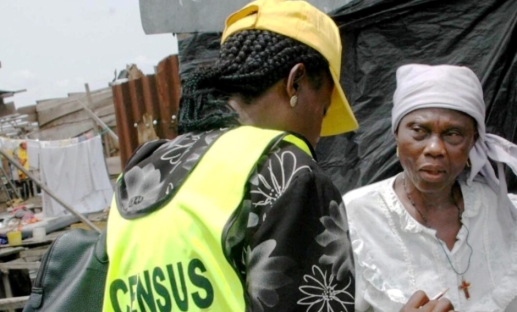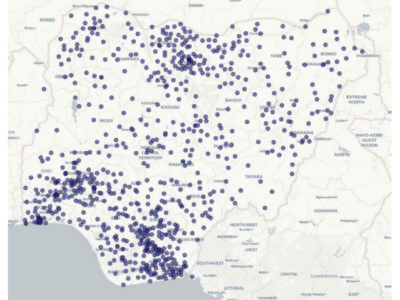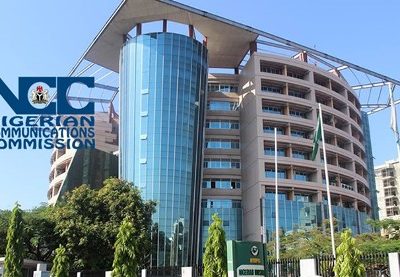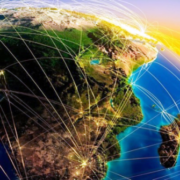By Osasome C.O
Nigeria is set to break a nearly two-decade-long hiatus in its population and housing census with a groundbreaking digital approach in 2025. The National Population Commission (NPC) has committed to conducting the long-overdue exercise using smart census technology, a move that could end decades of controversy surrounding Nigeria’s census process.
RELATED: NPC looks to Nigeria’s first credible census with reliable data quality from digital census technology
The announcement was made by NPC Chairman, Nasir Isa Kwarra, during the 2024 Anniversary of the Nairobi Summit on the International Conference on Population and Development (ICPD) held in Abuja. Nigeria’s last census, conducted in 2006, lags significantly behind the UN’s recommendation of a decennial count.
The NPC has dismissed reports claiming its chairman announced 2025 as the date for Nigeria’s next population and housing census. But authorities in Abuja said Nigeria remains focused on having a credible census.
“With a projected population of 220 million in 2024, Nigeria faces immense challenges in effective policymaking without accurate population data,” said Kwarra. “A reliable and accurate census is fundamental for good decision-making, and the government is fully committed to ensuring this happens in 2025.”
A Revolutionary Smart Census Approach
The NPC plans to deploy Smart Digital Census tools, leveraging mobile computing, and Geographic Information System (GIS) technology. These tools also include cloud computing for data collection and analysis. Digital maps, satellite imagery, and the Census Pad—designed for geospatial data and household listing—will play a pivotal role.
A significant shift from traditional census methods, the 2025 census promises increased precision, efficiency, and transparency. Nigeria will be incorporating cutting-edge technologies like those used in Kenya’s successful 2019 census and the United States’ 2020 decennial count. The aim is to create a robust and scientific framework to capture accurate demographic and housing data.
Addressing Historical Census Challenges
Census exercises in Nigeria have often been mired in political and regional controversies, casting doubt on their accuracy and usefulness. By adopting smart technology, the NPC hopes to:
- Eliminate Manipulation: Digital systems reduce human error and potential manipulation of data.
- Improve Coverage: Satellite imagery and remote sensing will help identify hard-to-reach areas and underserved communities.
- Tailor Policy-Making: Comprehensive data on population size, infrastructure needs, and unemployment can guide evidence-based policymaking.
“Accurate census data is critical for addressing pressing issues like maternal health, gender-based violence, and access to family planning services,” Kwarra emphasized.
Global and Local Implications
Experts suggest that a successful smart census in Nigeria could serve as a model for other African nations grappling with demographic challenges. Globally, countries like China and India have demonstrated how smart technology can be scaled to manage population counts effectively.
For Nigeria, accurate data will provide insights into pressing national issues, such as urban planning, unemployment rates, and the equitable distribution of resources. With a population projected to surpass 400 million by 2050, such advancements are essential to meet future demands.
Smart Census opens opportunities for indigenous IT companies
The NPC’s adoption of smart census technology is set to create immense opportunities for indigenous IT companies. Zinox, BETA Computers, and other members of the Certified Computer Manufacturers of Nigeria (CCMON) stand to benefit. In 2023, the NPC entered a landmark agreement with Zinox, one of Nigeria’s leading integrated technology brands, for the supply of tech components and accessories for the national census project. Similarly, in 2022, the NPC Census Task Force conducted an inspection of the BETA Computers factory in Lagos, positioning the company as a potential Original Equipment Manufacturer (OEM) to supply hardware for the census. The 2025 census will leverage digital solutions from various local technology providers, driving investment and innovation within Nigeria’s IT ecosystem.
The Risks: Data Security and Public Trust
Despite its advantages, the shift to smart technology raises concerns over data security. A United Nations Statistics Division study revealed that 63% of countries conducting electronic censuses reported cybersecurity challenges. Ensuring the integrity of Nigeria’s census data will require robust encryption. There must be secure authentication protocols, and public awareness campaigns to build trust.
The Path Forward
The success of Nigeria’s 2025 census hinges on these factors.
- Effective Stakeholder Collaboration: Partnering with local and international organizations to deploy state-of-the-art technologies.
- Cybersecurity Investments: Protecting sensitive data through advanced security measures.
- Public Engagement: Educating citizens on the importance of participating in the digital census to ensure comprehensive coverage.
A New Dawn for Nigeria’s Census?
The NPC is promising a more scientific, accurate, and transparent approach. What this means is that the 2025 census could redefine population data collection in Nigeria. If successful, it will not only address longstanding controversies. But will also pave the way for transformative policymaking in Africa’s most populous nation.





























